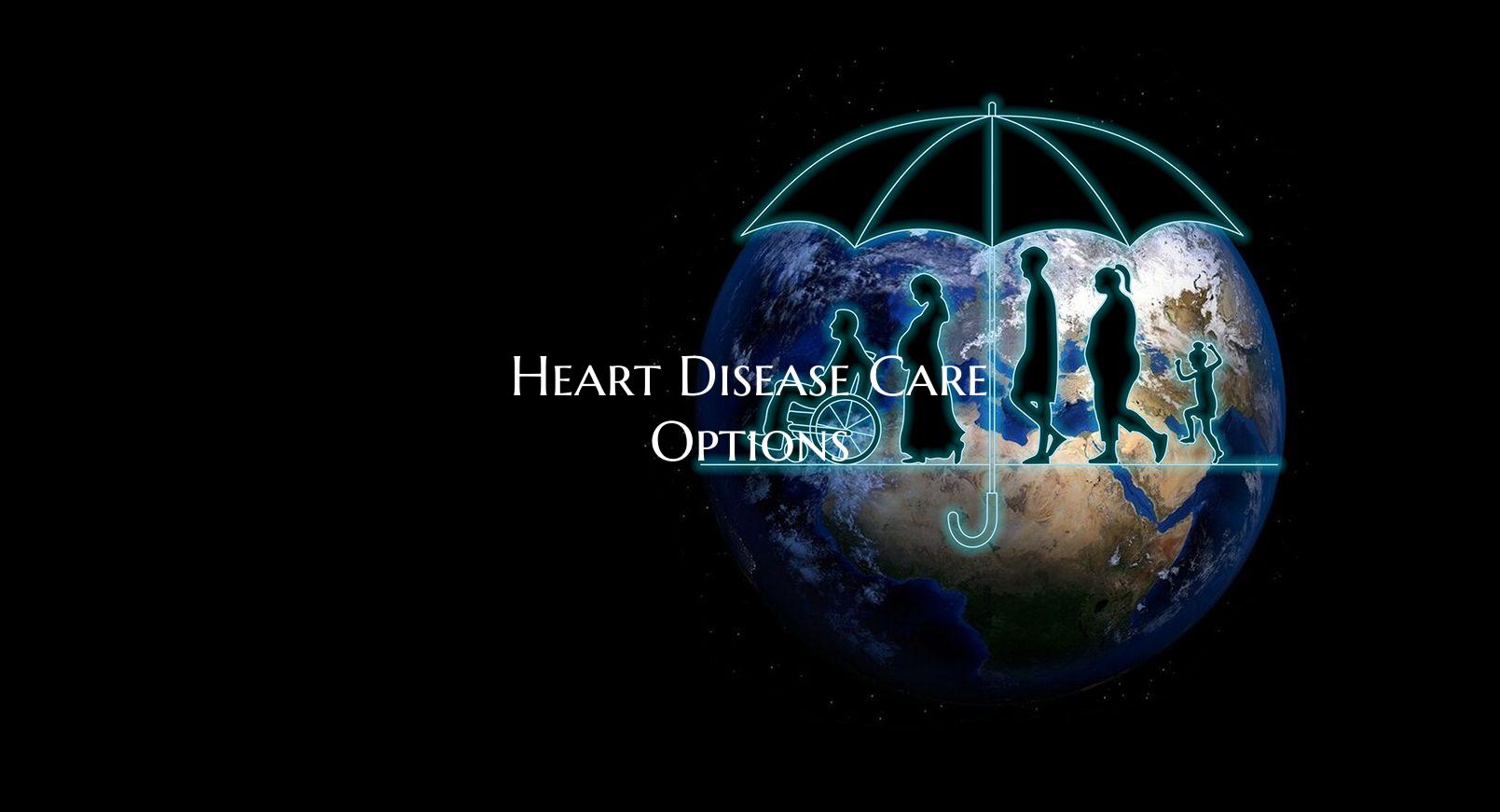
Heart Disease Care Options
Introduction: Heart disease is a prevalent and serious health condition that affects millions of people worldwide. Whether you have been recently diagnosed with a heart condition or have been managing it for some time, it is essential to explore the various care options available to effectively manage the disease and improve your overall quality of life.
1. Lifestyle Modifications: One of the primary components of managing heart disease is making positive lifestyle changes. This includes following a heart-healthy diet that is low in saturated fats, cholesterol, and sodium, as well as engaging in regular physical activity. Quitting smoking, reducing alcohol consumption, and managing stress are also important lifestyle modifications that can help improve heart health.
2. Medication Therapy: In many cases, healthcare providers may prescribe medications to help control risk factors associated with heart disease, such as high blood pressure, high cholesterol, and diabetes. Common medications include beta-blockers, statins, ACE inhibitors, and antiplatelet drugs. It is crucial to adhere to the prescribed medication regimen and consult your healthcare provider regularly to monitor their effectiveness.
3. Cardiac Rehabilitation Programs: Cardiac rehabilitation programs are structured exercise and education programs designed to help individuals with heart disease recover from a cardiac event, such as a heart attack or heart surgery. These programs typically include supervised exercise sessions, education on heart-healthy habits, and emotional support to improve overall cardiovascular health and reduce the risk of future heart-related complications.
4. Surgical Interventions: In some cases, surgical interventions may be necessary to treat heart disease. Procedures such as angioplasty, stent placement, coronary artery bypass surgery, and heart valve repair or replacement may be recommended by healthcare providers to improve blood flow to the heart, reduce symptoms, and prevent further damage to the heart muscle.
5. Device Therapy: For individuals with specific heart conditions, device therapy may be an option to help manage the disease. This can include the implantation of pacemakers, implantable cardioverter-defibrillators (ICDs), or cardiac resynchronization therapy devices to help regulate heart rhythm and improve overall heart function.
Conclusion: Managing heart disease requires a comprehensive and individualized approach that may involve lifestyle modifications, medication therapy, cardiac rehabilitation, surgical interventions, and device therapy. By working closely with your healthcare provider and exploring the various care options available, you can effectively manage your heart disease and lead a healthier, more fulfilling life. Remember, early detection, timely intervention, and ongoing support are key to managing heart disease effectively.